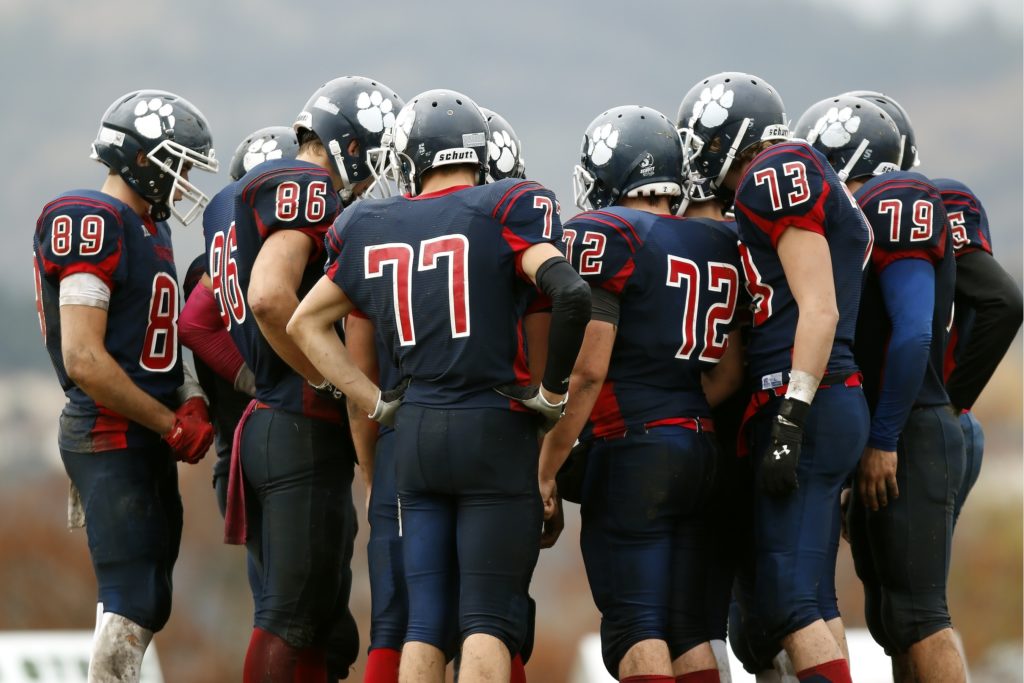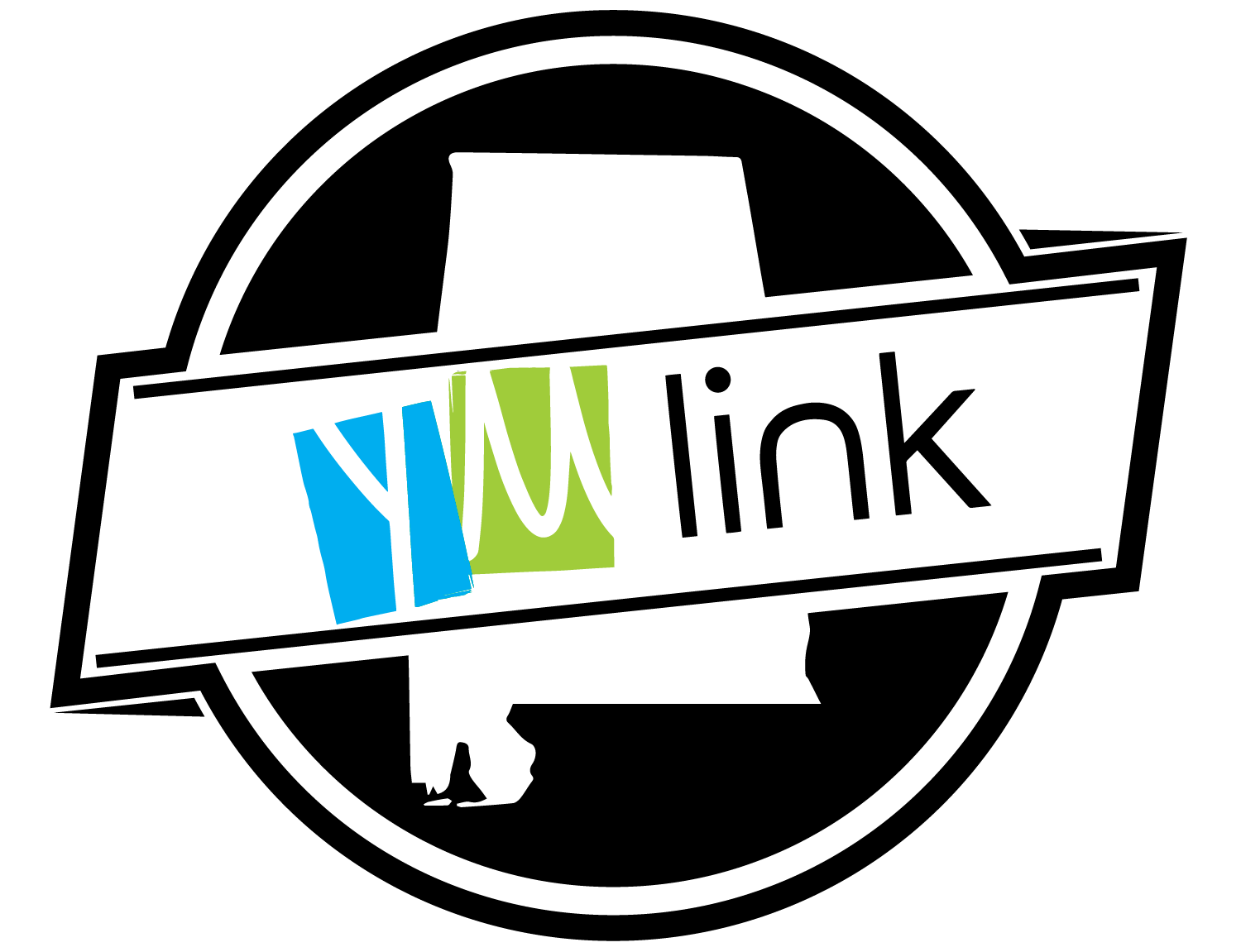This is a difficult post for me. For most of the time I have been in ministry, I have been involved with ministry to sports teams. I have a game ball in my office that was given to me by the high school team in Winnfield, Louisiana in 1985. I also worked with high school student athletes in New Orleans, Atlanta, and Hattiesburg, MS. I have led chapel for college, NFL, NBA and minor league baseball teams. I have been the volunteer chapel leader for a minor league baseball team for the past seventeen years. I believe I have seen life change as the result of someone who can speak spiritually into the lives of athletes. Yet the landscape of sports chaplaincy has changed.
This fall (2014), the headlines and newsfeeds were declaring that the atheists had won in Florida. Chaplains were disallowed at Florida high schools, particularly in Orange County. The Freedom From Religion Foundation, an atheist group from Wisconsin notified Orange County Public Schools of suspected violations (the presence of a chaplain with the football team). To avoid costly and un-winnable litigation, a memo went out last week specifying what schools can and cannot do when it comes to religion. David Whitley, writing in the Orlando Sentinel, summarized:
Praying is fine, as long as it’s not led by a school employee or other adult. The directive prohibited officially designated “chaplains” as well as Bible verses on uniforms and signs. These are not new rules, but OCPS had not adequately enforced them.
Whitley went on to say that there were no new rules. Since 1962, the Supreme Court of the United States has continued to reinforce what Thomas Jefferson called “a wall of separation” between church and state. Schools aren’t supposed to force religion and they aren’t supposed to prevent it. Students may lead Bible study, worship, and prayer but adults may not. Never mind that the schools threatened by an out-of-state activist group had received zero complaints about the chaplains. Ever. In Whitley’s words, the activists are “demanding a remedy where there isn’t really a problem. But the potential for abuse looms, so there is a role for pain-in-the-neck organizations.”1
So where does that leave us? What is allowable? The Fellowship of Christian Athletes has paved the way for culturally-acceptable ministry in public schools. Culturally acceptable means that any meetings which take place on a public school campus (or locker room or team bus or practice field) must be student led. According to the FCA Handbook for Public Schools, “The rights of FCA student clubs in public high schools are protected by the First Amendment to the U.S. Constitution and the Equal Access Act (“the Act”), passed by Congress in 1984. The basic purpose of the Act is to put religious clubs on equal footing with all other student clubs by allowing them the same privileges and access to school facilities that other recognized student clubs enjoy.2
As in all youth ministry, our goal is to disciple students to disciple other students. Our role is that of facilitator at the middle or high school level. By invitation, chaplains may be more involved at collegiate or professional levels. At any level, we should be aware of why we want to minister to a team. If it is for the glory of being around athletics and athletes, we should do something else. We are not playing or coaching on the team though we may or may not have been an athlete.
An important distinction might be made as to motivation. According to a journal article on sports chaplaincy, The goal of “evangelistic chaplains” is conversion to Christ of people in sport and the proclamation of the Gospel through people of influence in the world of sport. The goal of a “pastoral chaplain” is to encourage Christ-like behavior and spiritual growth in the people of sport through relational activities like Bible studies and personal discipleship.3
I would advocate the second definition as more realistic for us in today’s public school culture. Even in college or pro sports, an effective chaplain is more interested in developing disciples. Evangelistic efforts should be private and individual, and be an outgrowth of relationships established with players or coaches.
What is Sports Chaplaincy?
According to the Fellowship of Christian Athletes,
“Sports chaplaincy is typically an unpaid, appointed position that allows the chaplain to remain neutral while serving administrators, coaches, and players As a sports chaplain, it is your sacred duty and high privilege to love and to lead the people in your charge. It is your responsibility to pray for, to serve, to challenge and to extravagantly love them.”4
What do Chaplains Do?
If you are a chaplain in a public school setting, your job is to develop networks of students and adults who understand the culture. Even if we are not allowed as an adult to speak or pray, we can still train student athletes who are in the youth ministry to lead all activities (club, chapel, prayer, Bible study) that take place on the school campus. We can pray for and encourage athletes and their families and be available and equipped to assist in crisis situations.
And we can minister to coaches. Bible study and intentional discipleship with any coach who is open is a way that we can minister to the whole program. If the coach never says a word, never leads a prayer, and never opens his Bible in front of the team, I believe a godly man is still a better example in front of the athletes. We can also let coaches or staff know about any critical issues that come to our attention.
How are Chaplains trained?
While this conversation is not for everyone, I want to have it anyway to stress that if we have the opportunity to serve as a chaplain, we should take the role seriously. I attend training conferences for my ministry with Baseball Chapel, a national collection of volunteers serving baseball at every level.5 We are trained to remember that we are guests of the team, allowed to minister in whatever way we can, but it cannot be about us. We are not employed by the team. We look for ways to minister within the goals and guidelines of the organization. When I have done NFL chapels, they have been part of the team schedule, held at a time prescribed by the team when the players and coaches can attend if they choose.
I served on church staff with Wes Yeary who is now Director of Sports Ministries at Baylor University. Wes has also served at Ole Miss and Auburn where he designed and implemented a chaplain training and internship program. The program is described ed a “nine-month training program includes familiarity with the Christian Bible, observation of campus ministries, applied ministry experience working with student- athletes, and then a final internship working as a chaplain in a sport.”6 Baylor University has launched a Sports Chaplaincy/Ministry program which addresses how to live and work practically in sports in a manner worthy of the gospel.7
Whether we have access as a facilitator of students who will conduct chapels, prayer times, and Bible studies or whether we have access ourselves, we should try to get some training. The organizations mentioned here are an excellent place to start. We shouldn’t focus on what we are not allowed to do, but quietly and with integrity we minister where we can.









